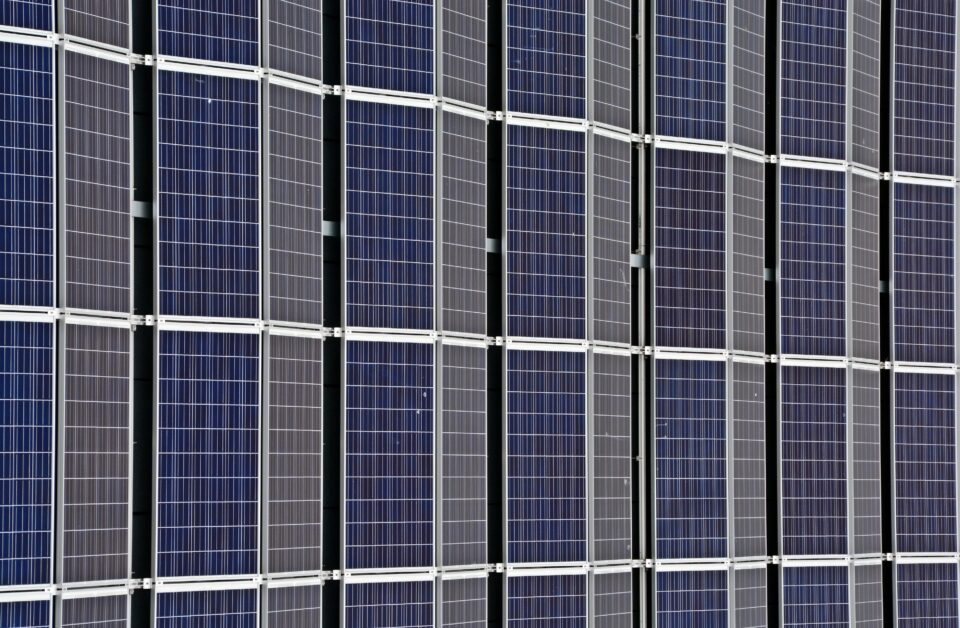State Attorneys General: Empowering the Clean Energy Future
Jessica Bell (Energy Director & Deputy Director) / Hampden T. Macbeth (Former Staff Attorney) / September 1, 2019

Executive Summary
As their states’ chief legal officers, attorneys general play a major role in clearing the path for increased clean energy in the electricity sector. This report focuses, in particular, on how state attorneys general are utilizing federal and state energy law principles across different forums to ensure that clean energy innovators have expanded opportunities to participate fully and fairly in electricity markets.
States have always been primary players in directing and regulating how electricity is produced and supplied to their residents, businesses, and industry. States have embraced their leadership role in the energy field and have been at the forefront of dynamic changes in the industry, particularly in ways relevant to the expansion of clean energy.
Many states have adopted laws, policies, and practices that have increased competition and opened up markets for clean energy by limiting utilities’ monopoly ownership of energy production facilities, enacting renewable portfolio standards, and encouraging innovative “behind-the-meter” technologies such as rooftop solar, demand response, and energy storage. Massachusetts and other New England states are leading U.S. offshore wind development efforts. States also are moving forward to plan for and encourage efforts to reduce emissions from the transportation sector, including by expanding the use of electric vehicles. These state-led trends are helping to reduce the industry’s unsustainably high levels of climate change-causing greenhouse gas emissions, as well as emissions of conventional pollutants that harm public health. And, by helping to create markets for clean energy, states drive technical innovation that, over time, has helped to substantially reduce the cost of clean energy.
Prompted by the need to further reduce greenhouse gas emissions and accelerate the industry’s transition to clean energy, many states have recently accelerated their clean energy commitments by adopting 100% renewable or clean energy goals. Examples include California, Hawaii, Maine, New Mexico, New York, Nevada, D.C. and Puerto Rico. A total of twenty-nine states (along with D.C. and three territories) have some form of renewable energy mandate.
State attorneys general have a critical role to play in ensuring that their states’ clean energy laws and policies are implemented on a timely and effective basis, and without inappropriate interference by the federal government or other parties. Implementing and enforcing state energy laws aligns with traditional attorney general functions of protecting states’ rights, promoting fair competition, protecting the environment, and looking out for consumer interests.
As reviewed in this report, state attorneys general are active in both federal and state clean energy matters. Examples include:
- Defending state energy rights against unlawful federal government interventions including, for example, Federal Energy Regulatory Commission (FERC) approval of wholesale market rules that undermine state clean energy law and policies, or FERC approvals of energy infrastructure projects that are inconsistent with state clean energy or environmental interests.
- Defending state energy laws and policies against Commerce Clause and other federal challenges made by incumbent energy providers and other third parties.
- Appearing as an advocate in state legislative and regulatory proceedings to ensure that traditional state utility practices do not inhibit the type of competition needed to achieve their states’ clean energy goals and requirements.
- Protecting state residents from fraudulent and misleading practices by energy suppliers and ensuring that utility planning considers both short- and long-term interests.
The specific authority that each state provides to its attorney general to engage and lead on energy issues varies. So too does the relationship between a state’s attorney general and its utility regulatory commission. While attorneys general often have a broad mandate to represent the public interest, some states specifically task attorneys general with the role of consumer or ratepayer advocate in utility proceedings. Other states have distinct ratepayer advocate offices. The attorney general may also represent a variety of state agencies that are involved in utility matters, such as the state environmental agency.
To cover these topics, the report is divided into three sections:
- Section I provides a high-level overview of roles that state attorneys general play in
clean energy-related matters in federal and state forums. - Section II describes specific examples from around the country of attorney general
involvement in high priority federal and state clean energy issues. - Section III is a state-by-state review of the authority of attorneys general and consumer
advocates to address clean energy issues in utility commission proceedings.
The variety and abundance of examples catalogued in this report show the leadership role that many state attorneys general are taking on these important matters.
